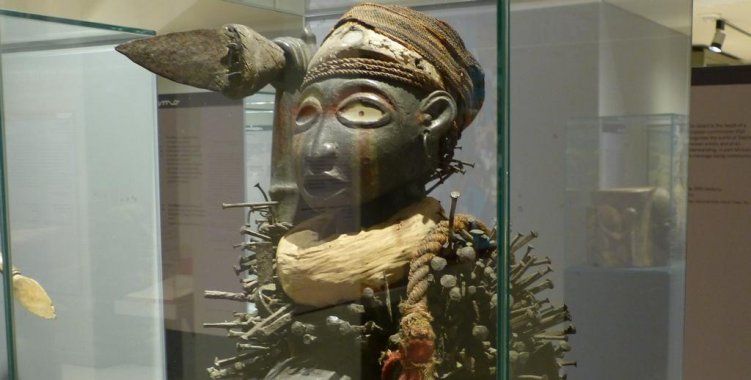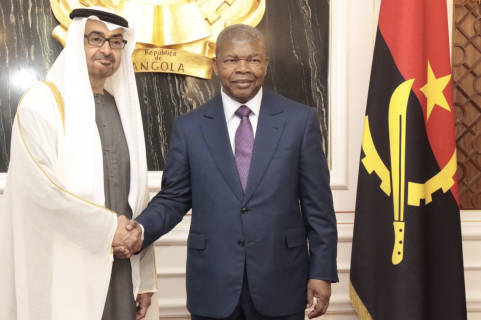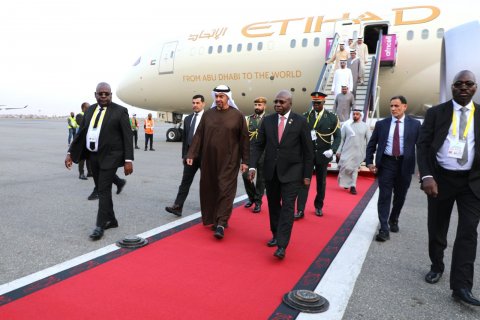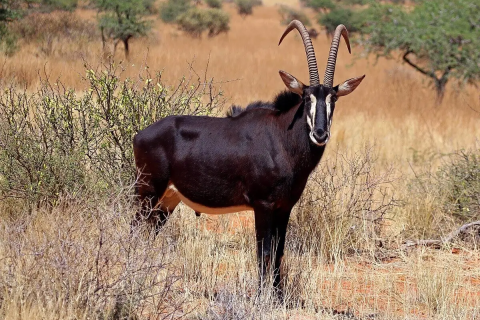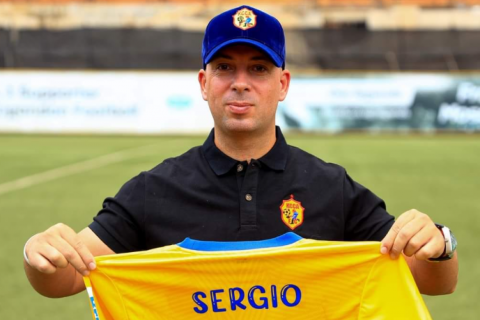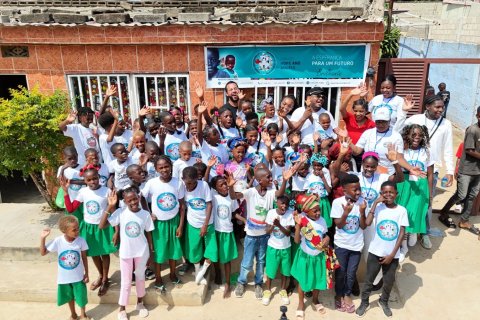Portuguese colonialism expert Sousa Ribeiro, in an interview with the Lusa agency at the end of 2018, considered it "urgent" to carry out an inventory of colonial goods in portuguese museums and proposed the restitution of those that were "looted".
"National museums have to do, as others are doing in Europe, an exhaustive work of survey of these colonial goods and the way they came into their hands. Then they do not necessarily have to be returned, but a negotiation has to start with the other party" about where they should go, he argued.
In the opinion of Coimbra's professor, "there is no general solution for the restitution of goods. Each case is a case", and the restitution work may begin with "cases where there is an express demand for the return of the country in question".
Sousa Ribeiro warned that "many of these objects that have become pieces of art" in European museums have "a very strong symbolic value". The specialist thus highlights, above all, objects used in religious practices, or in collective rituals.
António Pinto Ribeiro, a researcher at the Centre for Social Studies of the University of Coimbra, also presented the problem of decolonisation of museums at a conference in Paris at the end of 2018, which has since been published in book form by the Calouste Gulbenkian Foundation - Paris.
For Pinto Ribeiro, in Portugal there is the "very serious problem" of not having lists of works of art that can be claimed by former colonies.
"In Portugal, there are no lists either in relation to museums or archives. Many of these objects are in the reserves, not even on display. They can be 10 thousand, 50 thousand or 80 thousand. The directors of the museums themselves don't know," the former Gulbenkian Foundation prosecutor told Lusa.
Pinto Ribeiro exposed his arguments in the French capital on the very day the conclusions of the report (22 November 2018), requested by French President Emmanuel Macron, on the return of African art collections in France, were partially known.
For Pinto Ribeiro, this process, starting with the inventory, should be "a priority task" of the next governments.
Historian Isabel Castro Henriques also said that all situations must be seen "case by case and there must be an understanding with the countries to which they belong".
These three researchers advocated the return of goods resulting from "theft or looting", and Castro Henriques recalled that many objects of art were a payment for Portuguese goods that African societies wanted or even gifts.
"There's a problem of restitution of extreme complexity that can't be solved with generalist buzzwords", it's "to be studied on a case-by-case basis" and "depends a lot on negotiations that have to be done between the parties involved", Sousa Ribeiro said.
The process of restitution, if it happens, implies the "recognition by the European powers that in fact many of the objects they have in their museums have been illegally brought from the territories and subtracted from populations that were neither taken nor found in that process", argued Sousa Ribeiro.
"The issue of colonial memory, not only arises in the colonizing countries, but also in the colonized countries, which had, in the Portuguese case, mainly Angola and Mozambique, but also Guinea-Bissau, a very troubled post-colonial period," added the Coimbra University specialist.
For António Pinto Ribeiro, the return should be done in an orderly manner. "The pieces should be claimed by the States, not private persons. We have to see the criteria of legitimacy of how the works arrived in Europe. It is necessary to analyse whether a certain piece is part of the essential heritage of a country or a tribe. And then there is the question of the colonial archives. Should the originals or scanned copies be given?", asked the Portuguese researcher.
Pinto Ribeiro considered that "either museums are postcolonialist or they don't exist", giving an example of the French ethnological museum Quai Branly, known for its large collection of pieces from Africa, Asia and the Americas, which he defined as "an anesthesiant" and representative of France's relationship with "a certain colonialism".
On the opposite side, he placed the new African Museum, meanwhile inaugurated in Brussels, pointed out as a "good example", as it tells "its history as a colonial museum", contextualizing the objects.
In March last year, museologists and researchers gathered at the seminar "Decolonizing Museums: this, in practice...?", organised by Acesso Cultura at the Institute of Social Sciences of the University of Lisbon, defended the revision of the discourse and the rebuilding of collections in portuguese museums, taking into account the portuguese colonial past, to debate "every day, without resentment".
At the time, the president of the International Council of Museums - Europe (ICOM-Europe), Luís Raposo, spoke of the need to "revise museographic discourses, rebuild collections, and build collections that speak on the subject of slavery, also expanding approaches with the intervention of communities with different sensibilities, for a greater democratization of these spaces".
About the return of pieces to their countries of origin, Raposo considered that "it's not only a technical question, but also whether this feeling of belonging is legitimate or not, because many of the objects do not have the same symbology".
The seminar was also attended by the current Portuguese MP Joacine Katar Moreira, an activist and researcher of African studies, who took the proposal for the identification and restitution of property to the Portuguese parliament in January.
At the seminar, Katar Moreira spoke about the invisibility of slavery in schools: "Officially, no one guides us in this area. There was an investment in the history of the colonial epic, which is highlighted as a golden age of heroes, of a brave nation, and slavery is not mentioned in schools, much less the history of resistance and insubmission," he pointed out.
The director of the National Museum of Ethnology, Paulo Costa, who also participated in the meeting, then told Lusa that the issue concerns all national and municipal museums and universities, which have collections or objects brought from the former Portuguese colonies, as well as numerous private collections, which also involve different institutions.
"Since the 1970s, there has been legislation, notably a UNESCO convention that Portugal has ratified, covering the return of goods illegally taken from other countries," he told Lusa at the time.
The anthropologist defended the existence of ethnology museums as cultural spaces "that show different cultures and ways of living, promoting dialogue and multicultural coexistence".
"It was in this spirit that the museum was created in Portugal, in 1965, by its founders, who brought together pieces from Portugal and other cultures in the same house," he said, referring in particular to the ethnologists Jorge Dias and Ernesto Veiga de Oliveira.
Paulo Costa stressed the context and priorities behind the creation of the Portuguese museum, "unlike other countries that created museums specifically of a colonial nature at the time.

